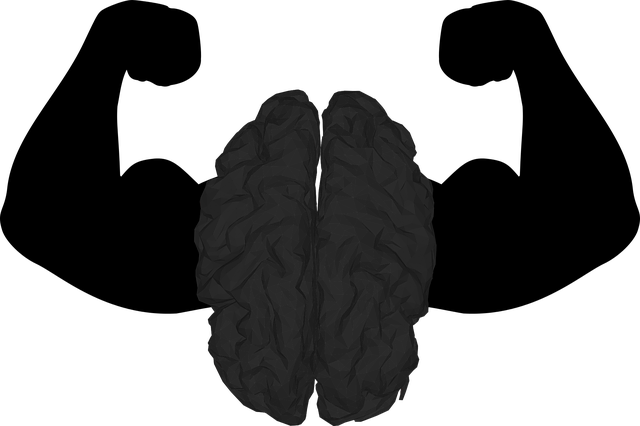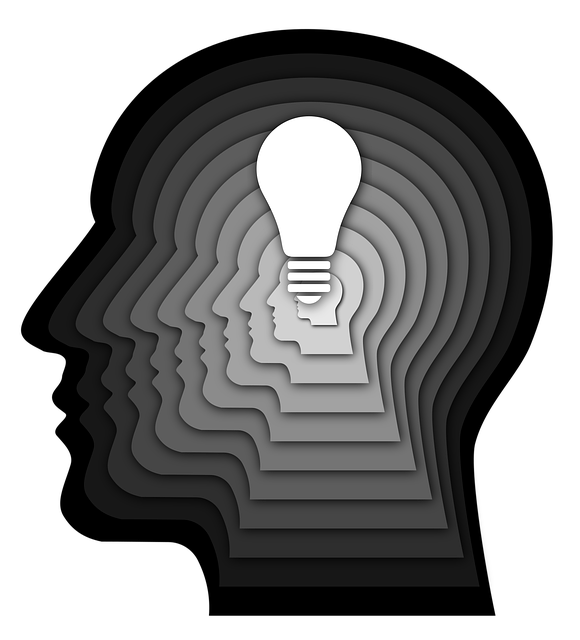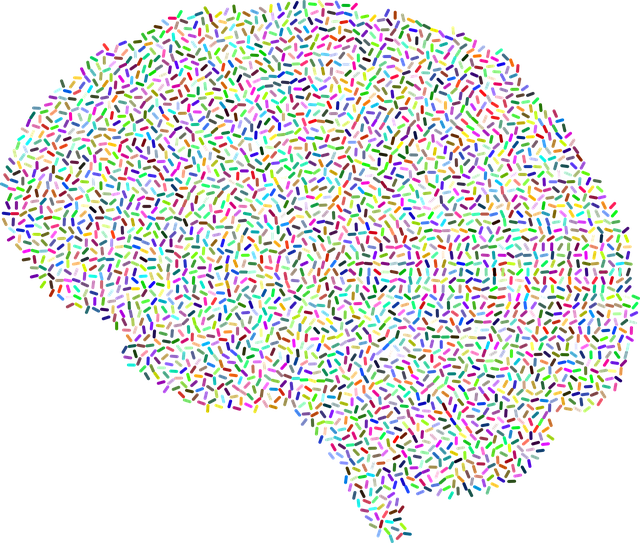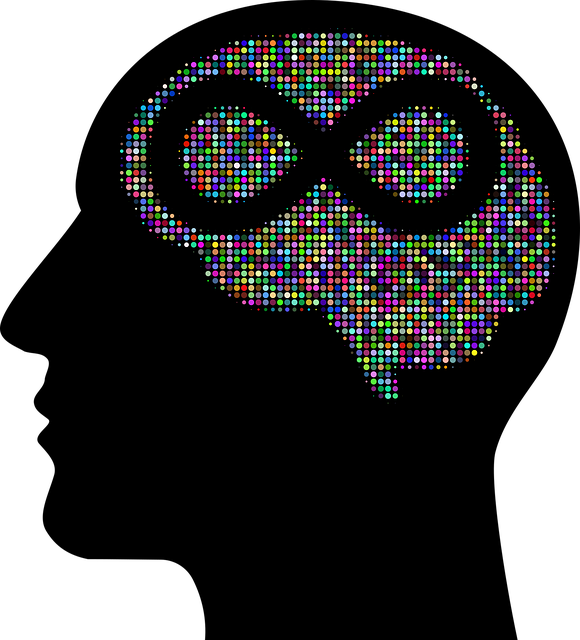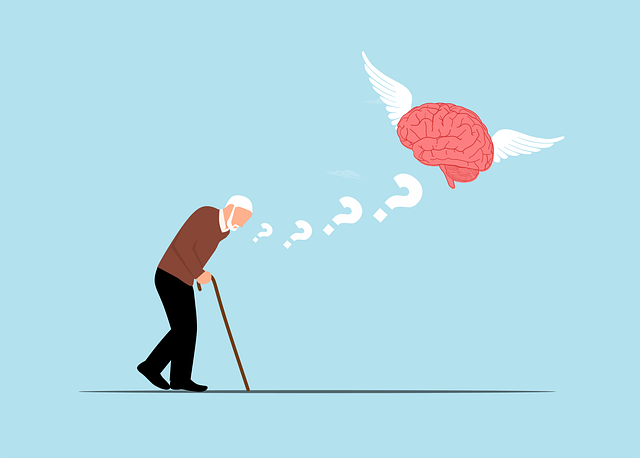Mental health education programs, integrating Wheat Ridge Cognitive Behavioral Therapy (WR-CBT), are transformative tools for breaking down barriers and supporting individuals' well-being. These programs empower participants with knowledge about various mental health conditions, skills for building resilience, and effective coping strategies. Through interactive learning, including role-playing and group discussions, they encourage early intervention and improved outcomes. WR-CBT's focus on cognitive restructuring and behavioral activation, combined with mindfulness meditation, enhances emotional regulation. Comprehensive programs cater to diverse learning styles, covering stress management, emotional intelligence, and self-care routines. Engaging facilitation methods, assessment tools, and tailored treatment ensure effective knowledge retention and long-term mental wellness management.
“Mental health education programs play a pivotal role in fostering well-being and breaking down stigmas. This article explores an innovative approach through the lens of Wheat Ridge Cognitive Behavioral Therapy (WR-CBT), a highly effective treatment method. We delve into key components such as understanding mental health challenges, integrating WR-CBT techniques, designing engaging modules, facilitating interactive sessions, and implementing personalized care. By examining these aspects, we aim to enhance the program’s impact and improve overall mental health outcomes.”
- Understanding Mental Health: Unveiling Common Stigmas and Misconceptions
- Integrating Wheat Ridge Cognitive Behavioral Therapy (WR-CBT): Principles and Techniques
- Program Structure: Designing Engaging and Effective Learning Modules
- Facilitation Methods: Strategies for Interactive and Supportive Sessions
- Assessment, Progress Tracking, and Individualized Care in WR-CBT Programs
Understanding Mental Health: Unveiling Common Stigmas and Misconceptions

Mental health is a complex and often misunderstood aspect of human well-being. Many individuals struggle with mental health issues, but societal stigmas and misconceptions can prevent them from seeking help. One effective way to combat this is through education programs that aim to unravel these myths and foster an environment of understanding and support. By implementing community outreach programs and workshops, individuals can learn about various mental health conditions, their causes, and the available treatment options, including Wheat Ridge Cognitive Behavioral Therapy (WRCBT).
These educational initiatives play a pivotal role in promoting resilience-building skills and coping mechanisms. They equip people with the knowledge to recognize signs of distress in themselves and others, encouraging early intervention. Moreover, they dispel common misconceptions about mental health disorders, such as the false notion that they are a sign of weakness or personal failure. Through interactive sessions and open discussions, participants can gain insights into the brain’s function, the impact of stress on mental health, and evidence-based strategies for managing symptoms effectively.
Integrating Wheat Ridge Cognitive Behavioral Therapy (WR-CBT): Principles and Techniques

Wheat Ridge Cognitive Behavioral Therapy (WR-CBT) is a highly effective approach that forms a cornerstone of many Mental Health Education Programs Design. Its core principles focus on identifying and challenging negative thought patterns, replacing them with more positive and realistic ones. This process empowers individuals to manage their mental health proactively by gaining a deeper understanding of the connection between thoughts, feelings, and behaviors. WR-CBT incorporates various techniques such as cognitive restructuring, behavioral activation, and mindfulness meditation to help participants develop coping strategies that are tailored to their unique needs.
By integrating WR-CBT into Mental Health Education Programs Design, public awareness campaigns can enhance individuals’ ability to recognize and address mental health issues early on. This evidence-based therapy not only improves symptoms but also fosters resilience, enabling people to navigate life’s challenges with greater ease. Mindfulness meditation, a key component of WR-CBT, is particularly valuable in promoting self-awareness and emotional regulation, ultimately contributing to improved overall well-being.
Program Structure: Designing Engaging and Effective Learning Modules

A well-structured mental health education program should incorporate engaging and effective learning modules that cater to diverse learning styles. Each module should be designed around key topics relevant to understanding and improving mental wellness, such as stress management, emotional intelligence, and coping strategies. Incorporating interactive elements like role-playing scenarios, group discussions, and hands-on activities can enhance participant engagement and facilitate a deeper comprehension of the material. For instance, modules teaching Wheat Ridge Cognitive Behavioral Therapy (CBT) techniques could include practical exercises where participants practice identifying negative thought patterns and replacing them with more positive, realistic ones.
Integrating self-care routines development for better mental health is another vital aspect of program design. Learning modules can offer guidance on cultivating healthy habits like regular exercise, mindfulness practices, and effective time management strategies. Public awareness campaigns development within the program can also help disseminate valuable mental health information to broader communities, fostering a culture of open dialogue and support. Equipping individuals with inner strength development tools enables them to navigate life’s challenges with resilience and adaptability, ultimately contributing to their overall well-being.
Facilitation Methods: Strategies for Interactive and Supportive Sessions

Effective mental health education programs rely on engaging and supportive facilitation methods to foster meaningful interaction and learning. Facilitators play a crucial role in creating a safe space where participants can openly discuss their experiences and challenges related to mental wellness, leveraging techniques such as active listening and empathetic communication. Interactive activities, like group discussions, role-playing scenarios, and collaborative problem-solving exercises, are essential tools for enhancing engagement and knowledge retention.
Wheat Ridge Cognitive Behavioral Therapy (CBT) offers valuable insights into managing stress, anxiety, and other common mental health concerns, which can be effectively integrated into these sessions. Stress Management Workshops Organization and Mental Wellness Podcast Series Production can further enrich the program by providing diverse content formats. Additionally, incorporating burnout prevention strategies ensures participants gain practical tools for maintaining long-term mental wellness, making the program a comprehensive and impactful resource.
Assessment, Progress Tracking, and Individualized Care in WR-CBT Programs

In Wheat Ridge Cognitive Behavioral Therapy (WR-CBT) programs, assessment plays a pivotal role in understanding an individual’s mental health landscape. It involves comprehensive evaluations to identify underlying cognitive distortions and behavioral patterns. Mental health professionals employ various tools to assess clients’ current state, including structured interviews, questionnaires, and psychological tests tailored to their specific needs. By gathering this data, therapists gain valuable insights into the client’s history, beliefs, and experiences, forming a robust foundation for personalized treatment plans.
Progress tracking is an integral component of WR-CBT, ensuring that therapy remains effective and adaptable. Therapists regularly monitor clients’ progress by measuring key outcomes and behavioral changes. This process involves frequent assessments, self-reported progress notes, and feedback sessions. By tracking these advancements, healthcare providers can identify what’s working and make informed adjustments to care plans. Moreover, individualizing treatment is a cornerstone of successful WR-CBT, where therapists consider each client’s unique cultural background, life experiences, and personal preferences. Incorporating Cultural Sensitivity in Mental Healthcare Practice and providing tailored Trauma Support Services enhances the effectiveness of therapy, fostering better engagement and positive outcomes for all participants.
Mental health education programs, such as those incorporating Wheat Ridge Cognitive Behavioral Therapy (WR-CBT) techniques, are powerful tools for addressing common stigmas and misconceptions surrounding mental well-being. By designing structured learning modules, utilizing interactive facilitation methods, and implementing assessment strategies tailored to WR-CBT, these programs can offer engaging, effective, and individualized support. This comprehensive approach ensures that participants gain valuable insights into their mental health while fostering skills for personal growth and improved quality of life.


